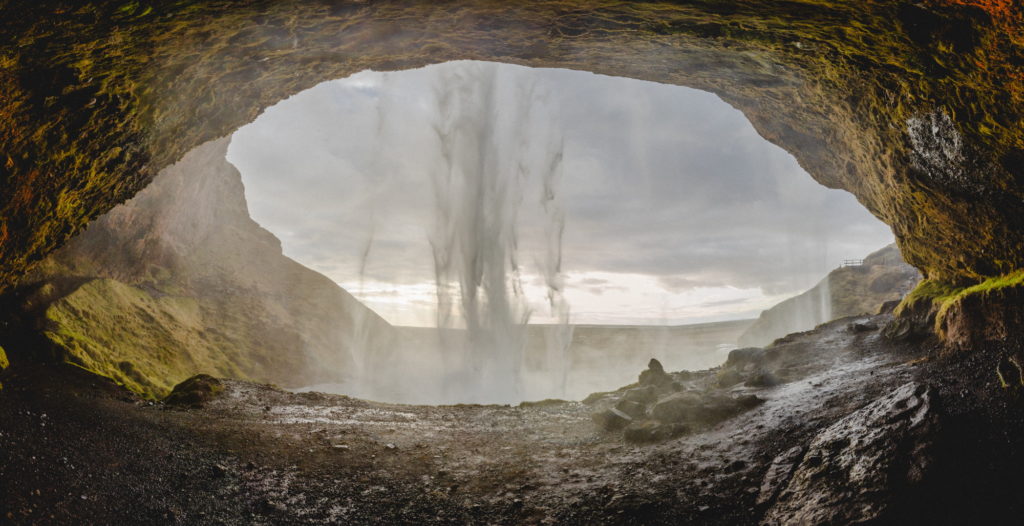Green by Iceland initiative launched to boost international learnings in renewable energy

Iceland is set to become the first fossil fuel free country in the world by 2050.
REYKJAVIK, Iceland – May 20, 2021: Business Iceland, a public-private partnership established to lead the promotion and marketing of Iceland in foreign markets and stimulate economic growth through increased export, has launched the Green by Iceland initiative that aims to increase the export of renewable energy expertise and sustainable solutions from Iceland.
With more than 30 partners, Green by Iceland aims to support and leverage renewable energy projects in Iceland and provide a platform for knowledge sharing. The Green by Iceland website will showcase circular stories of businesses and projects that are leading the way in renewable energy.
For more than half a century, Iceland has relied on renewable energy for all electricity and district heating needs. Iceland is enthusiastic about sharing this know-how to increase the use of renewables worldwide. In 2018 the Icelandic Government outlined ambitious plans to be carbon-neutral by 2040 and is set to become the first fossil-fuel free country in the world by 2050.
Icelandic expertise lies in four main areas: hydropower, geothermal energy, power transmission systems, and carbon capture utilisation and storage (CCUS). Iceland produces 100 per cent of its electricity from renewable sources, with hydropower accounting for 70 per cent and geothermal for the remaining 30 per cent. Heating for homes and businesses comes from a mix of 90 per cent geothermal district heating, and 10 per cent use electricity for heating.
“The government of Iceland takes climate change seriously. We have put forward a climate action plan with measurable and financed commitments towards achieving carbon neutrality by 2040,” says Katrín Jakobsdóttir, the Prime Minister of Iceland. “We have also set the ambitious goal of becoming the first fossil fuel free country in the world by 2050. Iceland has a long history of using renewables. It is important to promote Icelandic renewable energy expertise abroad to reduce global carbon emissions and build a sustainable future.”
Locally, Iceland is planning its next energy transition, this time in the transport sector. A massive increase in the share of new electric vehicles shows that consumers are actively purchasing more climate-friendly options. Clean energy cars accounted for 60 per cent of new vehicles registered in 2020, up from 28 per cent in 2019. Icelanders have also pioneered new CCUS techniques. Notably the Carbfix method that binds CO2 emissions into rock through mineralisation, a naturally occurring process that they have expedited to take only two years. The CO2 is then permanently stored in basalt rock formations underground. Another exciting and innovative project is renewable methanol produced with Carbon Recycling International’s liquids-to-emissions technology.
“Iceland has been leading in the field of geothermal energy and has substantial experience with hydropower,” says Einar Hansen Tomasson, Head of Energy and Green Solutions at Business Iceland. “The export of Icelandic renewable energy expertise has a net positive impact on the climate, which is both good for business and the environment. For example, Iceland has hosted the Geothermal Training Programme for decades which provides training to industry leaders to assist developing countries in building up human capacity for advancing geothermal exploration and development.”
Funding of the Green by Iceland initiative is from public and private entities representing the Icelandic government and industry stakeholders in Iceland.
Originally published by: Business Iceland, Green by Iceland